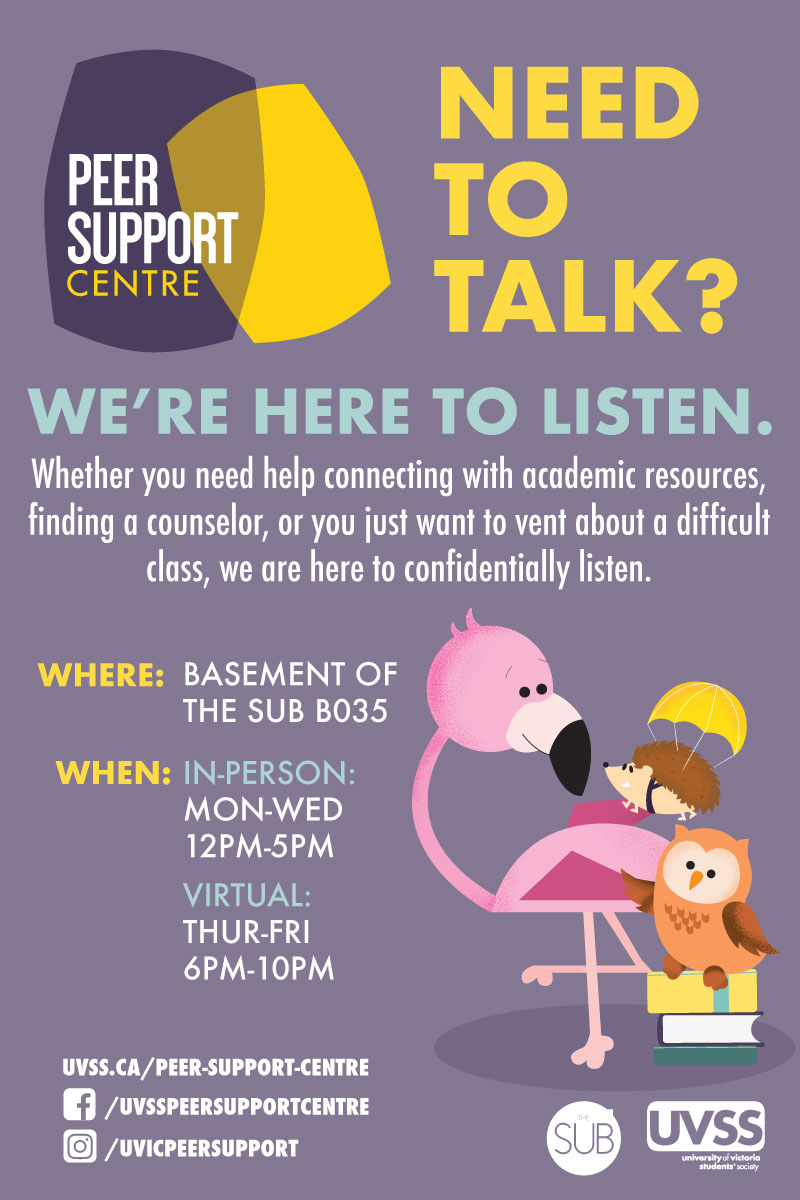Course Details
Course Description/Goals
Learners will be able to:
- Examine the application of social media to support learning
- Explain personalized learning and its relation to learning theory
- Recognize that the Internet is not a neutral or equal space for everyone
- Apply social media to develop a personal learning network in support of your personal and/or professional development
- Identify privacy issues and practice online behaviours that are legal, safe, consensual, and ethical
- Recognize data ownership and licensing (Creative Commons, Copyright, Fair Dealing, and Public Domain) as a core practice when creating, sharing, or using resources online
- Practice digital, networked, and open literacies in support of learning about social media and personalized learning
Territory Acknowledgement
We acknowledge with respect the Lekwungen (Le-KWUNG-en) peoples on whose traditional territories the university stands and the Songhees (Song-hees), Esquimalt (Ess-KWY-malt) and the W̱ SÁNEĆ (Wa-San-nic) peoples whose historical relationships with the land continue to this day.
Diversity and Equity Statement
Our Faculty of Education embraces an inclusive learning community that respects and recognizes that we are enriched and strengthened by diversity including, but not limited to, ethnicity and national origins, language, gender and gender identity, sexuality, ability, age, socioeconomic status, and spirituality. We are committed to increasing the participation of people who have been historically and systemically excluded from higher education and welcome all who share this aspiration. We are committed to answering the Calls to Action from the Truth and Reconciliation Commission of Canada. We are a campus that educates for and encourages respect, acceptance of others, inclusion and diversity, with one principal limit: acts that incite hatred, espouse or encourage bigotry, either implied or explicit, will not be tolerated. Remote Access to Some University Services A Virtual Private Network (VPN) allows users to access networks and services over a secure connection. Please note that some university services, including library access, may require you to connect to the library servers by VPN. Click here to download and install the Cisco VPN software.
Mode of Instruction
This course will be offered online. Activities will occur via various methods of access and may include:
- participation in live video classes & multi-media deliverables (whole group, small group, or pairs)
- participation via Mattermost, blog posts, forums, editable online documents, email, text chat, and/or social media
- observation or creation of text or multimedia files across a variety of platforms
Please be familiar with the OIPC Cloud Computing Guidelines for Public Bodies and UVic’s Privacy resource and engage in any cloud-based tools only as it may be your personal preference as it is NOT required to complete this course.
The course will be supported by a variety of communication tools including: Email, WordPress, Mattermost, video conferencing via Zoom, and social media platforms.
Please note that online learners must connect to any video classes from a dedicated learning environment (e.g., not connecting from public Wi-Fi at the beach); consider the video conferencing etiquette (e.g., mute your mic when not talking to minimize background noise, other individuals); and be aware of your video presence (e.g., the lighting is acceptable and your camera angle is not missing the top half of your head). Using a dedicated headset with microphone will also help to provide better audio.
Required Technology and Connectivity
Students are required to have the following technologies and connectivity levels.
- Internet Connectivity
- A reliable 10 MBps (minimum) Internet connection for live video sessions
- Wired connection is preferred over wireless
- No one else on a local network is actively streaming or downloading during the connection (e.g., streaming movies)
- Successful test of your conference software (Zoom etc.) connection prior to course
- Hardware:
- Use a desktop or laptop as opposed to a mobile device (e.g., iPad) for live sessions is recommended
- The desktop or laptop should be capable of playing videos/participating in video conferencing, audio and include a webcam and mic for capturing video and audio
- A headset with a microphone and noise cancellation feature
Support
Help Desk: The computer help desk is open to all UVic students for general technical help.
- Hours: Monday to Friday (closed statutory holidays)
- Tel: 250.721.7687
- Email: helpdesk@uvic.ca
- Systems: https://www.uvic.ca/systems/
Education Student Tech Support
Perry Plewes and a co-op student are available for technical help for students in Education courses. If you have any difficulty solving your problem, please give them a call. Their contact information is as follows:
- Tel: 250.360.6660 (Perry Plewes)
- Email: felctech@uvic.ca
- Website
UVic Libraries
Ask Us Website contains resources and information including:
- Text a Librarian: 250.514.7085
- Email a Librarian: askref@uvic.ca
- Live Chat with a Librarian via “AskAway” (open Mon-Thurs 9am-9pm, Fri 9am-5pm, Sat 11am-5pm, Sun 10am-9pm)
UVic Students’ Society Peer Support

UVic Peer Support Poster